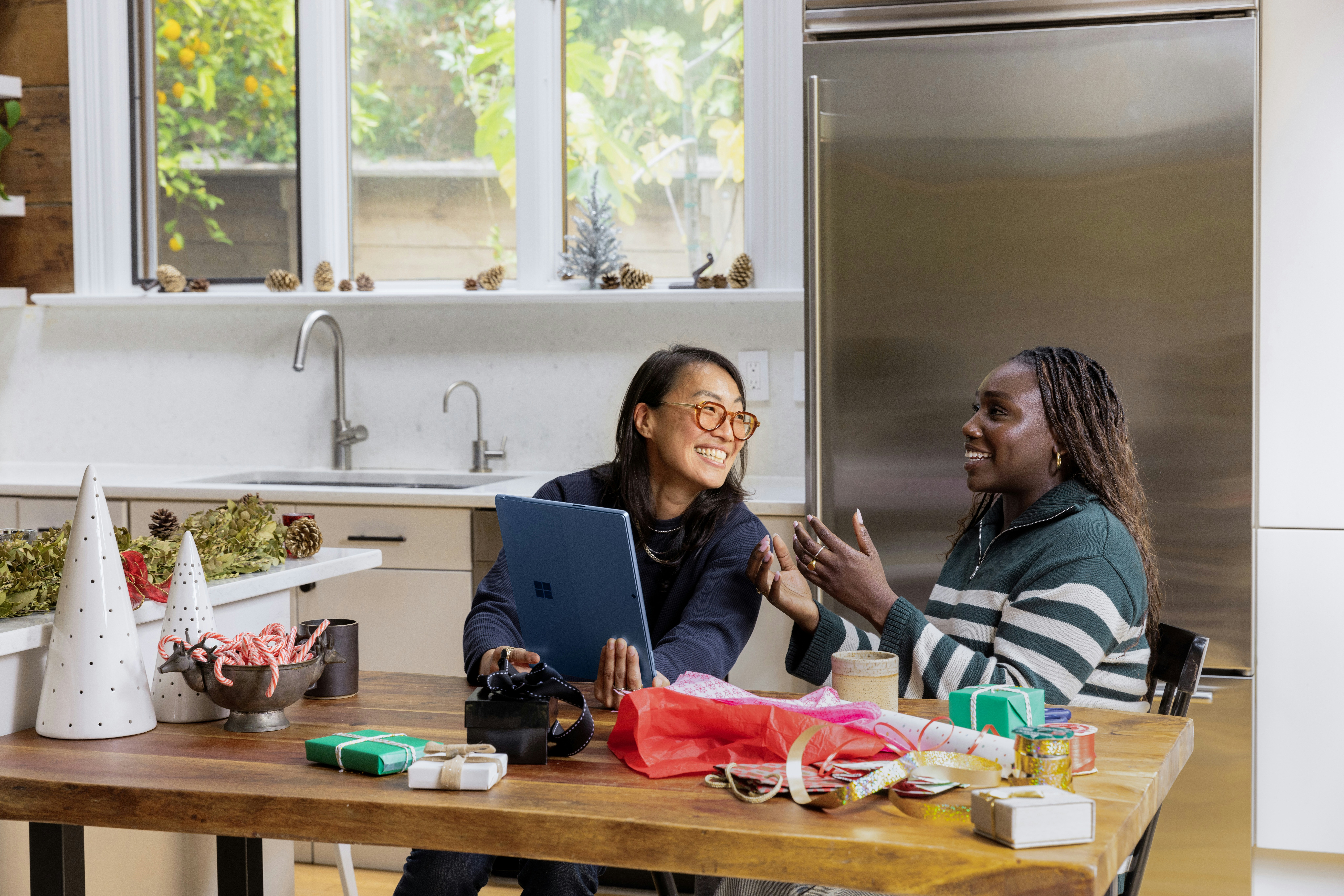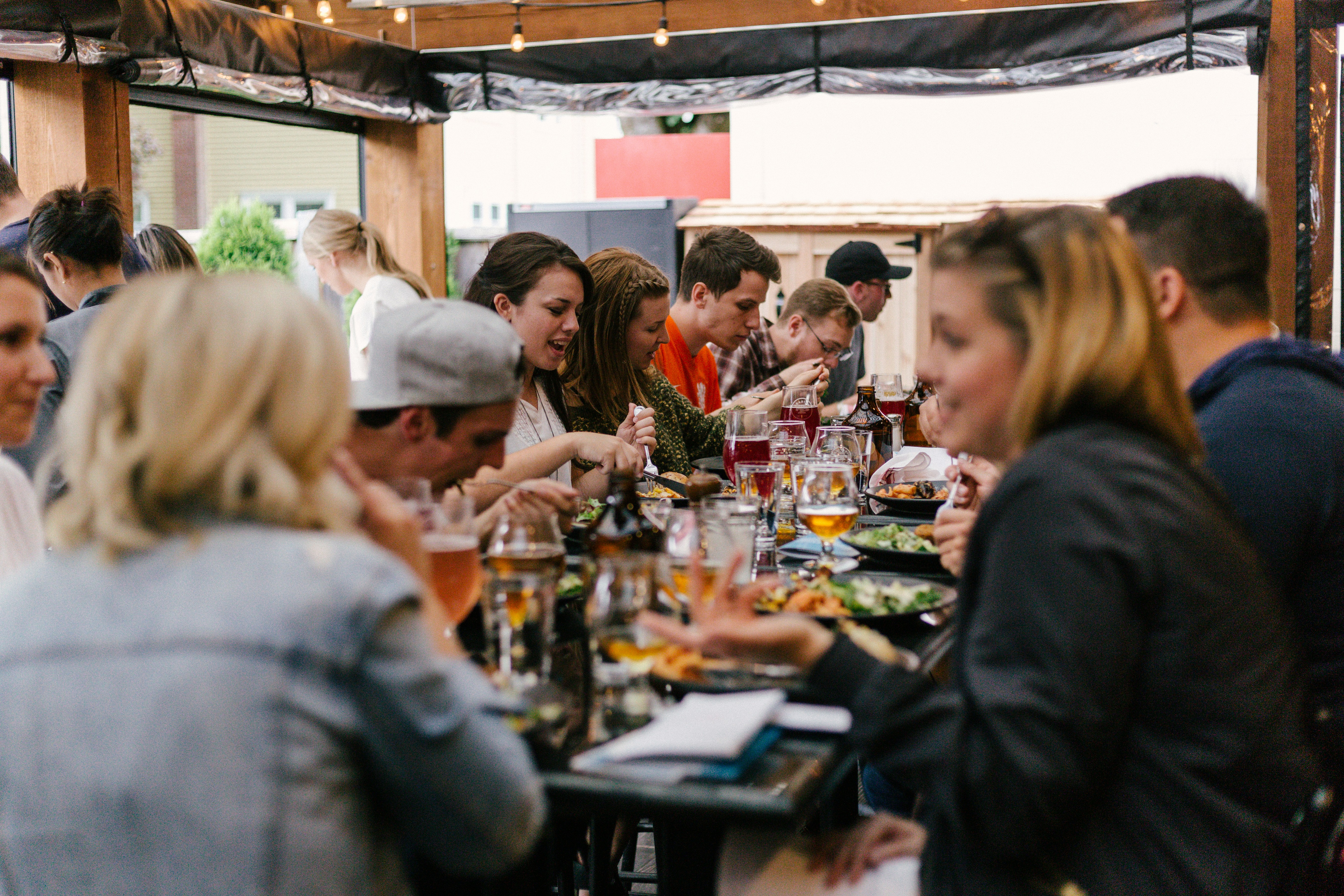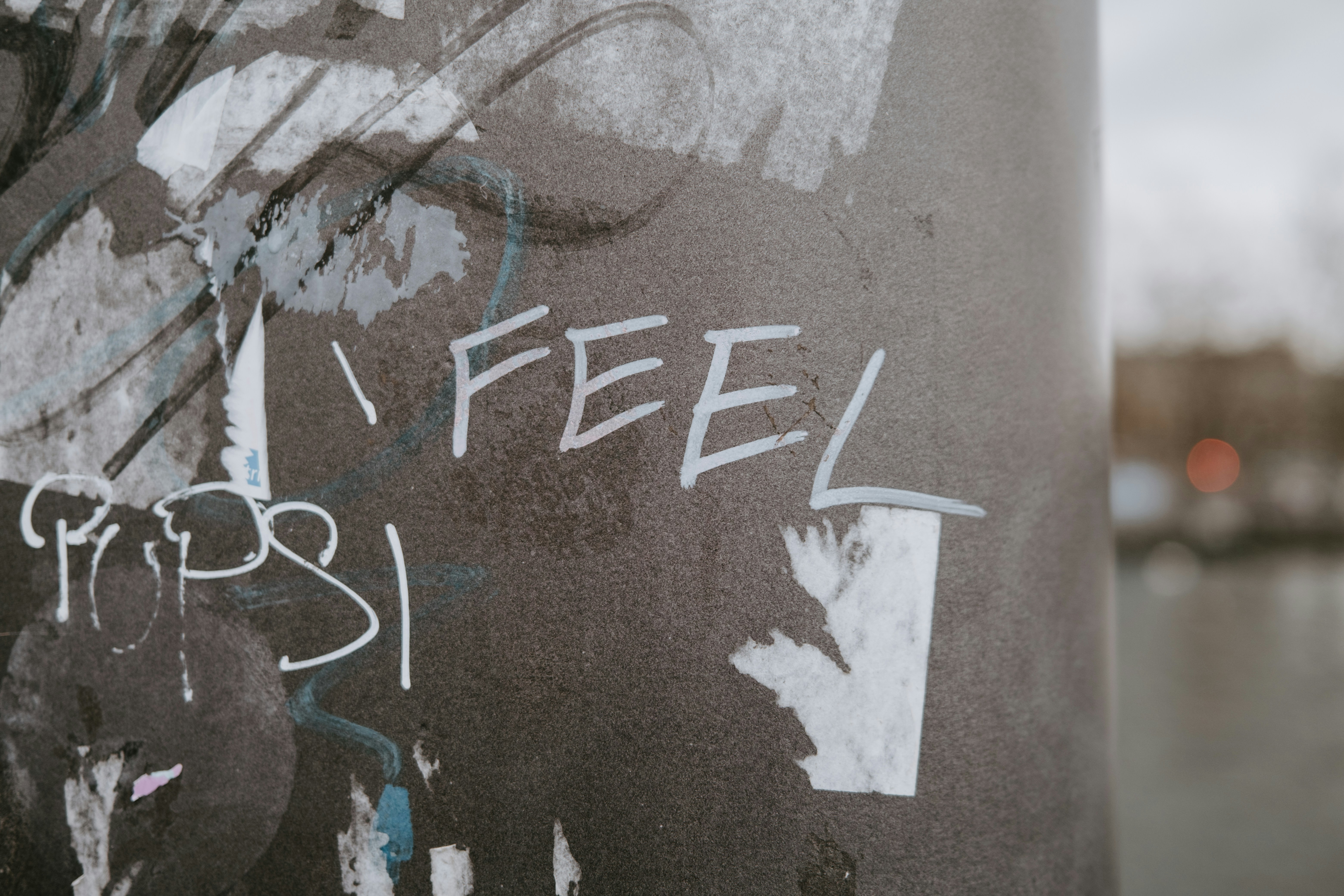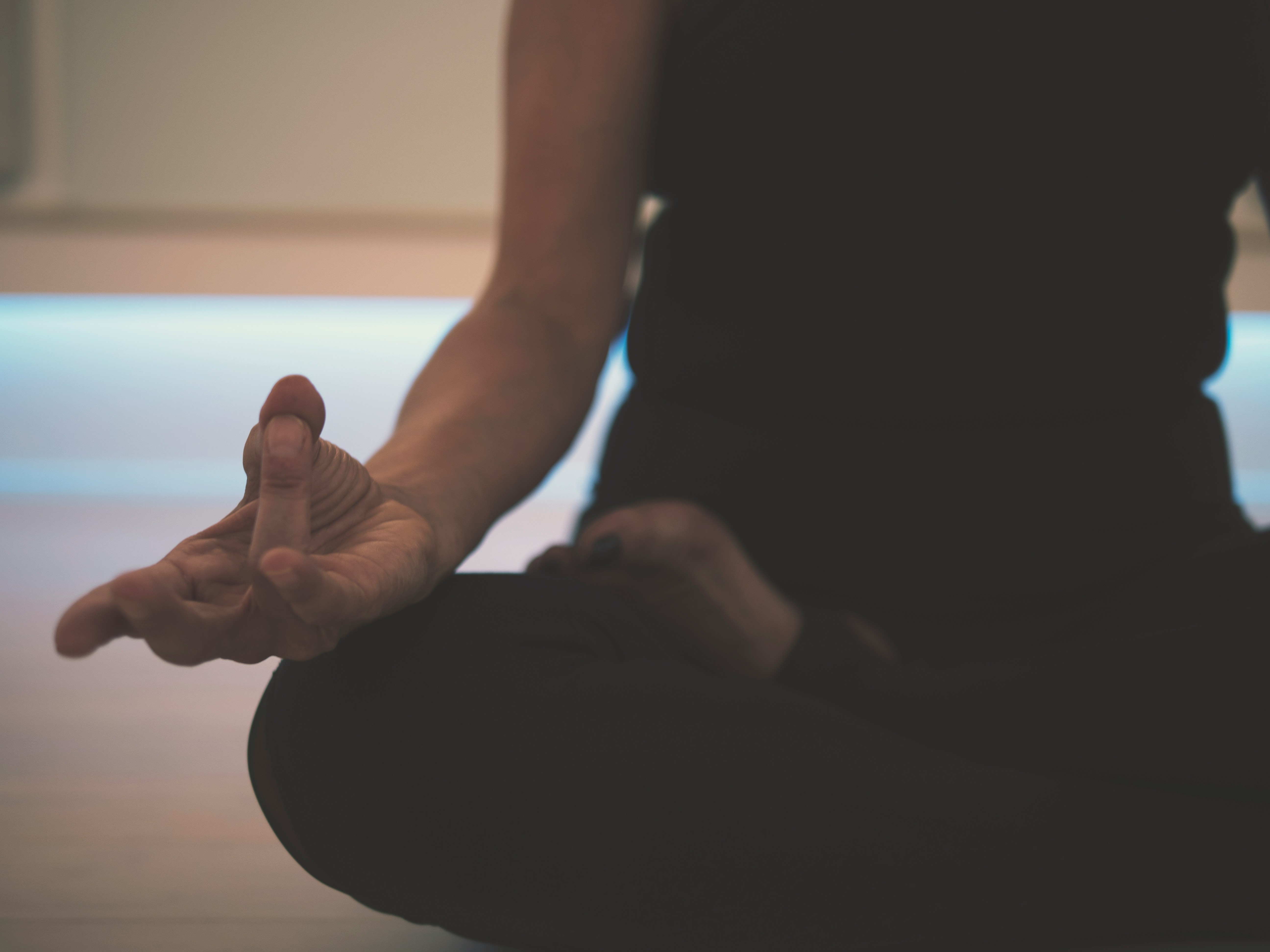
Ever felt that gnawing sense of resistance when facing certain tasks? Rather than a roadblock, what if this resistance is actually a clue—one that, if followed, could lead you to deeper clarity, fresh creativity, and even personal growth? Resistance can actually be a valuable indicator—it’s like a message from a part of you that feels a need or concern isn’t being met. Here’s why it can help:
Highlights Discomfort: Resistance can reveal when something isn’t quite aligning with your values or needs. If you’re feeling resistance to a task, it might be a sign that the task doesn’t resonate with your goals, or it’s draining rather than energizing.
Opportunity for Reflection: When you notice resistance, it offers a chance to reflect and adjust. Maybe there’s an unmet need for rest, a different approach, or simply permission to pivot.
Encourages Growth: Confronting resistance and working through it can foster resilience and self-understanding. Understanding what’s holding you back can make future challenges easier to manage.
Promotes Creativity: Sometimes, resistance arises because your mind craves a different way of doing things. It might be nudging you to try a fresh approach that feels more genuine or enjoyable.
Next time you feel resistance, don’t ignore it—pause and listen. Reflect on what it might be trying to tell you. Is there an unmet need, a new approach waiting, or perhaps a deeper value at play? Embrace the chance to learn from it, and discover the clarity and growth that resistance can lead to.









